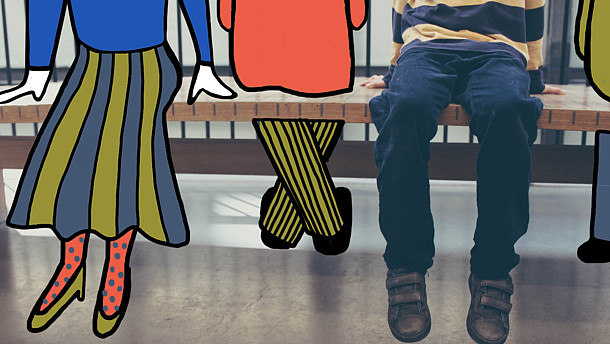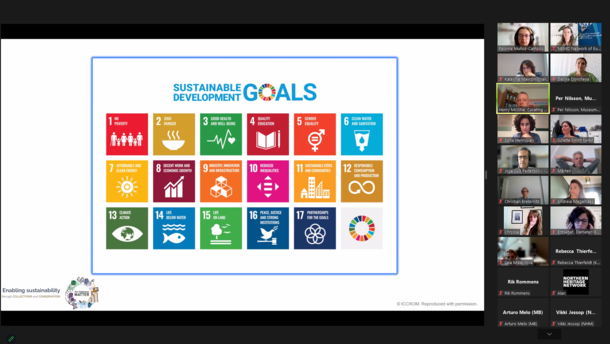The conference aims to problematise museums as places of memory negotiations, and agents of societal change. While increasingly seeking to engage themselves in public life, museums are embedded in the fields of politics of memory and heritage, diverse, often disparate group interests, and power relations. How can a contemporary museum critically deal with the past and shape open debate and yet take into account diverse stakeholders and the versatility of narratives in play?
Papers that approach the problems and dilemmas below, as well as best practices of contemporary museums as agents of memory and change, are welcomed.
- How do museums position themselves in concurrent policies of memory and heritage? What are the roles of the museums in countries with targeted history politics? What dilemmas, possibilities and/or obstacles do they encounter in ‘memory-laden’ societies?
- How do museums connect to transnational memory processes? What kind of new forms of remembrance should museums develop to make visible and/or seek to overcome tensions between group-specific, regional national and transnational memory?
- How can museum relate historically specific and more abstract and structural experiences? Does anthropological universalisation have a place in national, regional or group-specific museums? How do museums address difference and shared legacy issues?
- How is a transformation of the role of museums manifested in methods of visitor involvement? How are trends in recent museology linked to museums’ awareness of their role as public history agents? Are there specific trends in using media, material collections and oral histories to evoke open debate and awareness on memory matters? What topics and methods ‘work’ for different audiences, and why?
- How should the issue of authorship and the autonomy of the curator in curating difficult histories (initiators, passive players, opposers) be addressed? Are curators independent agents in memory processes or do they mediate institutional points of view? Are there different practices in different types of museum (for example in art museums, cultural historical museums)?
Please submit your abstract of 300 words for a 20‐minute paper, along with a short CV, by October 15, 2018 to: conference@erm.ee





